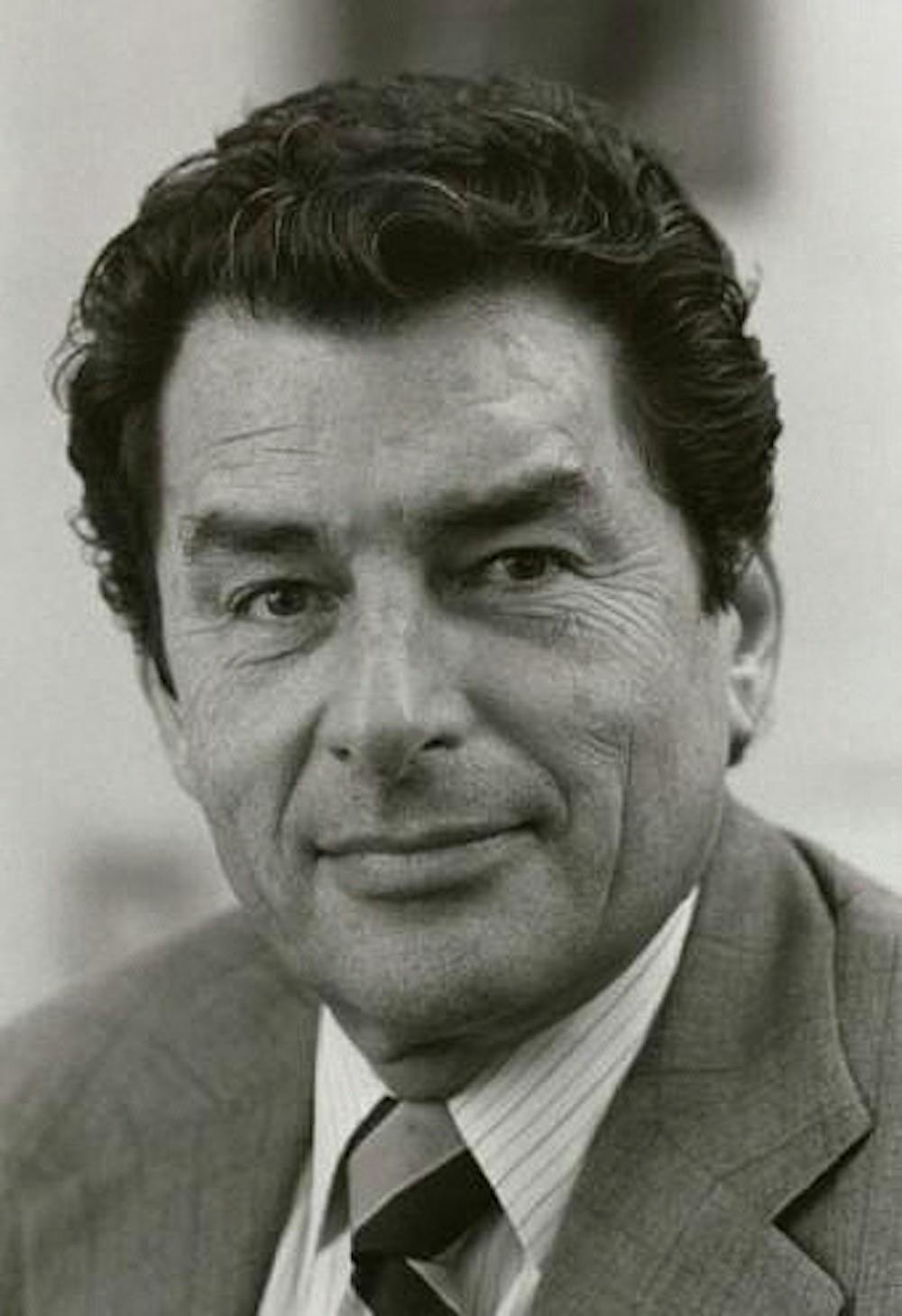David Greer, former dean of medicine at Alpert Medical School who co-founded an anti-nuclear organization that received the 1985 Nobel Peace Prize, died Nov. 18 at his home in Fall River, Massachusetts, at the age of 89.
Throughout his tenure as dean of medicine from 1981 to 1992, Greer introduced a number of educational innovations, said Vincent Mor, professor of health services, policy and practice at the Med School. Greer established the Department of Family Medicine, the Department of Community Health and the Center for Gerontology and Healthcare Research, in addition to developing the Program in Liberal Medical Education.
“He was a real humanist,” said Julianne Ip, associate dean of medicine for PLME. Medicine was not solely a scientific pursuit for Greer, but also a holistic, humanitarian one, she said.
With five other physicians, Greer created the Nobel-winning International Physicians for the Prevention of Nuclear War — a coalition of doctors, medical students and others involved in health care who advocated a nuclear-free world.
Before Greer’s arrival at the University in 1981, the Med School largely focused on specialty medicine. Greer transformed it to be more oriented around primary care and evidence-based medicine, Ip said.
Greer’s tenacity and sense of innovation ultimately attracted Mor to work at Brown, Mor said. Greer took Mor under his wing, incorporating him into the various projects he was building at the time.
“He was sort of like my dad,” Mor said.
Greer pushed for the University to engage with the community in Rhode Island and its surrounding towns by helping to place medical students in state agencies for their residencies and maintaining his own medical practice in Fall River, Mor said. The University is “no longer the ivory tower. It’s actually engaged,” he added.
Though he did not know Greer closely, Jack Elias, dean of medicine and biological sciences, said Greer will be remembered for his commitment to society. Greer was partially responsible for a project that built apartments near a Rhode Island clinic so that patients with disabilities could easily access medical care, he added.
Given his holistic approach to medicine, Greer believed practicing medicine required a broad-based education rather than one centered solely on biology courses, Ip said. He lengthened PLME so that the program would be eight rather than seven years to allow students to take more courses in ethics, political science, economics and other areas of study they would not typically explore, she added.
Outside of his professional work, Greer was an avid squash player, Mor said.
He was also a family man, known to be “joined at the hip” with his wife, Ip said, adding that the caring demeanor he exuded as a father and husband extended into his work life.
“He really loved his family, and we were part of his family,” she said.

ADVERTISEMENT




